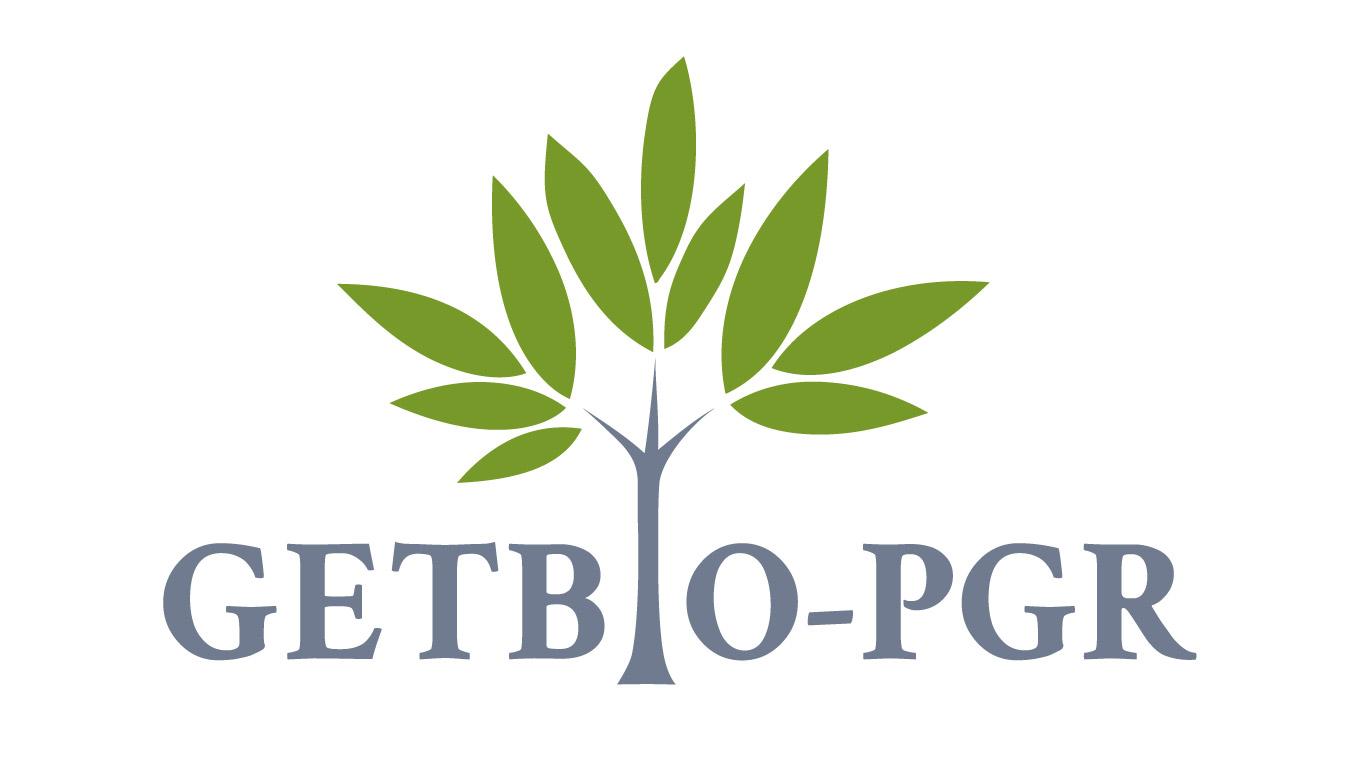NSF0822258
0822258 Leveraging Untapped Genetic Diversity in Soybean 31 Mar 2012 07 Aug 2017 Scott Jackson (PI) , Jeffrey J Doyle (CoPI), Randy C Shoemaker (CoPI), Perry Cregan (CoPI), Jeremy Schmutz (CoPI) PURDUE UNIVERSITY PI: Scott Jackson (Purdue University)CoPIs: Randy Shoemaker (Iowa State University/USDA-ARS), Jeremy Schmutz (HudsonAlpha Institute, Huntsville, Alabama), Jeff Doyle (Cornell University), Perry Cregan (University of Maryland - College Park/USDA-ARS)Senior Personnel: Jane Grimwood (HudsonAlpha Institute, Huntsville, Alabama), Jianxin Ma and Jessica Schlueter (Purdue University) Soybean (Glycine max) is an important part of the US fuel and feed economy. However, genetic improvement of soybean is beset by a lack of genetic diversity leaving soybean open to threats of pests, pathogens and abiotic stresses. This project will develop a set of tools that will allow investigators to leverage the recently released draft soybean genome sequence to exploit genetic diversity in the genus Glycine and to begin to understand the nature of species/genome diversification in the genus. Important in this process is an understanding of the cycle of polyploidization followed by diploidization found in this set of species. The specific objectives are to: 1) overlay diversity maps onto the soybean genome sequence using genomic clones from a set of phylogenetically informative Glycine species; 2) explore genome evolution in the genus Glycine at the chromosomal/sequence level to understand the polyploidy/diploidization cycle; 3) sequence targeted orthologous regions across the Glycine species in order to understand levels of linkage disequilibrium and genetic diversity that can be exploited for genetics and breeding; and 4) integrate data with other legumes which is necessary to extend its usefulness to other so-called "orphan" legumes such as common bean. The broader impacts of this project will be the development of an infrastructure that will be generally accessible by the broader legume community to exploit diversity and understand genome evolution in this economically important genus. The project will continue and expand a successful outreach program targeted toward Native American and Hispanic undergraduate institutions in the Southwest (primarily New Mexico and Arizona) to provide summer research training opportunities and further develop interactions with these faculty and students. All project data and tools will be accessible though SoyBase at http://soybase.org/. Sequence data will be deposited and accessible through GenBank and BAC clone resources will be maintained and distributed on a cost-recovery basis by the Arizona Genome Institute.
